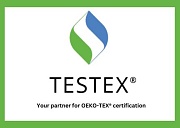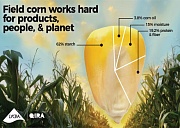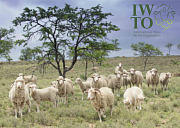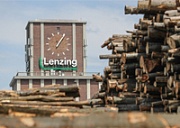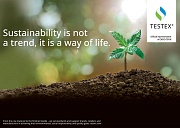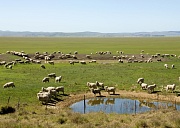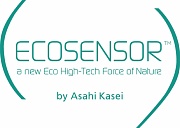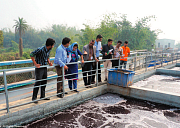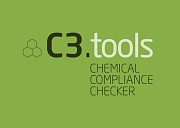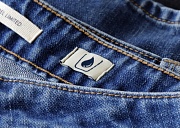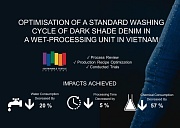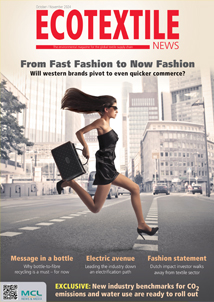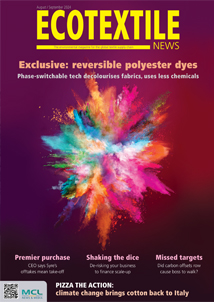SPONSORED CONTENT - Dalena White of the International Wool Textile Organisation highlights some of the new evidence that should persuade the EU to update its PEF methodology.
Wool has a unique position among clothing fibres when it comes to recycling. EU initiatives are currently afloat designed to encourage and stimulate recycling of clothing, but wool needs no such stimulus: a commercially profitable wool closed-loop recycling industry has been in existence for more than 200 years. As the European Union continues to develop its Product Environmental Footprint (PEF) methodology, it’s time for policy makers to better recognise the major recycling opportunity that wool and other natural fibres offer.
A new, peer-reviewed study of closed-loop recycling in the garment industry, published by the respected open access academic publisher MDPI, is the latest stitch that is knitting together a compelling body of data and testimony about the significant role that wool already plays in the circular economy.
Using data from established, commercial processes, the study made a cradle-to-grave assessment of the use of a recycled wool blend sweater compared to a non-recycled equivalent, and how that impacted on climate change, fossil energy demand, water stress and freshwater consumption. The results are striking – best practice use and care of a recycled sweater reduced impacts by 66-90% compared to standard use and care of a virgin pure wool garment.
Further, the study finds that by increasing the closed-loop recycling rate to 50%, there is the potential to reduce the impacts of the overall wool sweater market by 7-24%, depending on the impact category. These are significant figures and clearly demonstrate the positive effect of increasing the level of recycling in the sector.
The full report dives into a lot more detail and is available for free on the MDPI website: Reducing the Environmental Impacts of Garments through Industrially Scalable Closed‐Loop Recycling: Life Cycle Assessment of a Recycled Wool Blend Sweater (Reducing the Impact), www.mdpi.com/2071-1050/14/3/1081.
Let's circle back to PEF
The urgent need to transition to a more circular economy has now been widely accepted, and indeed embraced, by the textile industry. That imperative is also starting to influence wider society and consumer behaviour, which is why the EU’s PEF project is so important. Getting the details of that right will be essential before any legislation is implemented. As things stand, there are critical environmental impacts that either aren’t included, or aren’t fully accounted for in the EU PEF methodology, that could significantly distort the credibility of the EU’s environmental impact ratings of clothing. The inherently circular attributes of products made from natural fibres like wool, such as renewability at the start-of-life, high levels of reuse and recycling during life, and biodegradability at end-of-life, are not counted or only minimally so.
In the light of the evidence, it is disappointing that the EU’s PEF methodology does not properly reward such attributes and downplays the positive contribution that natural fibre recycling can make in the transition towards a circular economy.
For centuries, the wool industry has pioneered and integrated a circular approach, with industrial-scale mechanical recycling of garments tracing its roots back to the early 19th Century. Today, centres such as the city of Prato in Italy have become well-established hubs for closed-loop recycling – in that area alone, there are more than 2,000 firms involved in the various recycling processes. Crucially, the concept of recycling is not only embedded in the culture of the wider industry, but is also widely accepted in society as a normal practice. The EU should recognise, embrace, and harness all of this, using wool as an exemplar to promote recycling in the circular economy throughout the apparel sector.
Alongside partners around the world, the International Wool Textile Organisation is supporting ‘Make the Label Count’ (www.makethelabelcount.org), a campaign that is built on scientific evidence as it asks European policy makers to overcome the limitations of PEF methodology before implementation. The Reducing the Impact study is a timely and important piece of scientific evidence that supports the EU’s own sustainability goals. The natural fibre industry is ready, willing, and able to work collaboratively to develop more robust and comprehensive methodology, closing the loop and properly rewarding circularity in EU PEF.
About IWTO
The International Wool Textile Organisation (IWTO) is the global authority for standards in the wool textile industry. Through scientific research, wool textile education and knowledge sharing, IWTO ensures a sustainable future for wool. iwto.org














